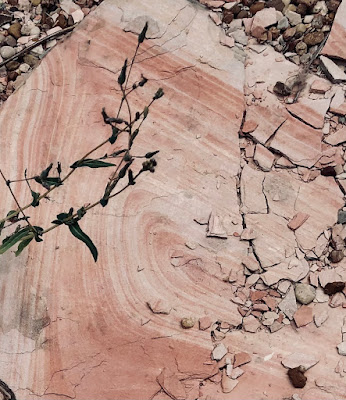ASHES
I made biyalis this morning. Or at least, I came as close as I can -- not many people know what the originals were like any more.
The town in Poland where they originated was so famous for them that it's called Biyalistock, but after the Holocaust, the 60,000 Jews who had lived there were murdered or scattered, there wasn't a single biyali bakery left. There's a fascinating book about it by Mimi Sheraton called The Biyali Eaters. She scoured the globe to find a single survivor in Australia, Pesach Szsemunz, who could help her refine something as close as possible to the real thing.
If something as intrinsic to a place as its namesake product can be all but gone with such a horror, think of how many smaller things must be lost. The local legends, folk medicine, religious traditions. Hundreds of thousands of family recipes. The best way to get candle wax out of the holiday tablecloth. How your grandmother got her middle name. All things change and fade away; this is true. But, to have them ripped out of the fabric of a people in the span of just a few years is such brutality. It steals from the whole of humanity. The hate that wounded six and murdered eleven at the Tree of Life Synagogue in Pittsburgh cut old, old wounds open anew. By definition, it is grounded in nihilism, and has nothing to do with what is true.
I've made biyalis occasionally for 20 years, and while I think I am getting closer to the way the originals are described, I'll never know how authentic they are. All I really know is that the love and respect I put into them is utterly genuine.
What is ash does not become firewood again, but it fully includes past and present.
May all beings be happy and free from suffering. May the memories of what is lost be a blessing.



Comments
Post a Comment